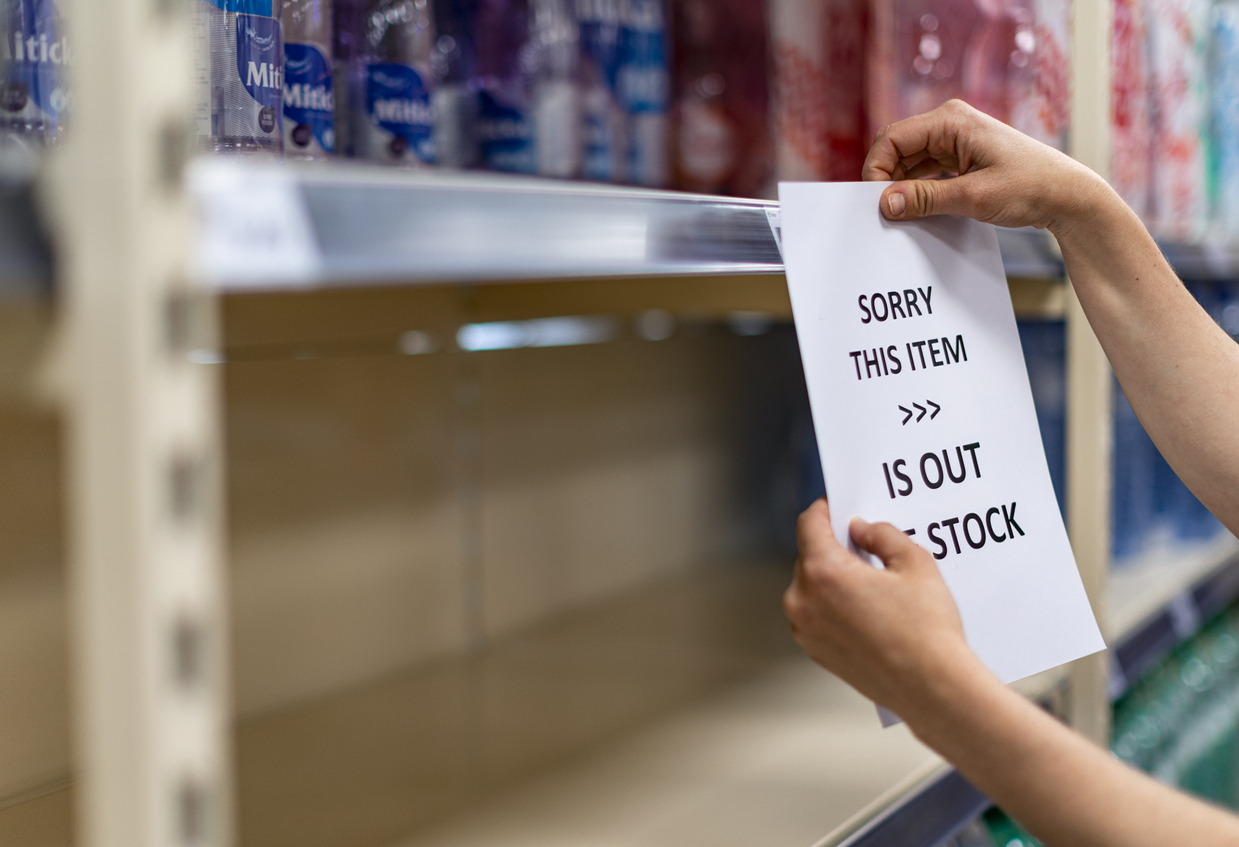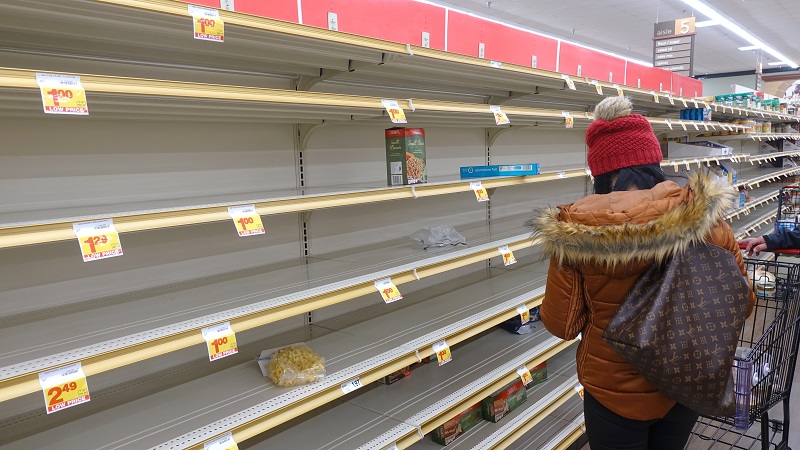If government prohibits suppliers from charging more, consumers hoard, exacerbating shortages.

www.wsj.com
This is an emotional topic. I have myself been judgemental of price gougers.
I know this will never sink in to most, but maybe there are a few here willing to put all bias aside and thing with complete rationality here.
Someone charges 50 bucks for a cheap flashlight during a hurricane and people call him evil. Some of Those same hypocrites would gladly offer 50 bucks if they were stuck in that situation. Then turn around and call the person immoral that complied with his request and sold it. Pathetic.
If we allowed price gouging it would be a net benefit to society. It increases supply, and sometimes when it's life and death, when you really need supply.
Oh but it's easier to not think, but emotionally let people die and feel good about ourselves pointing at that nasty price gouger, how we ran him out of town (then oops a storm hit and people died from lack of product).




